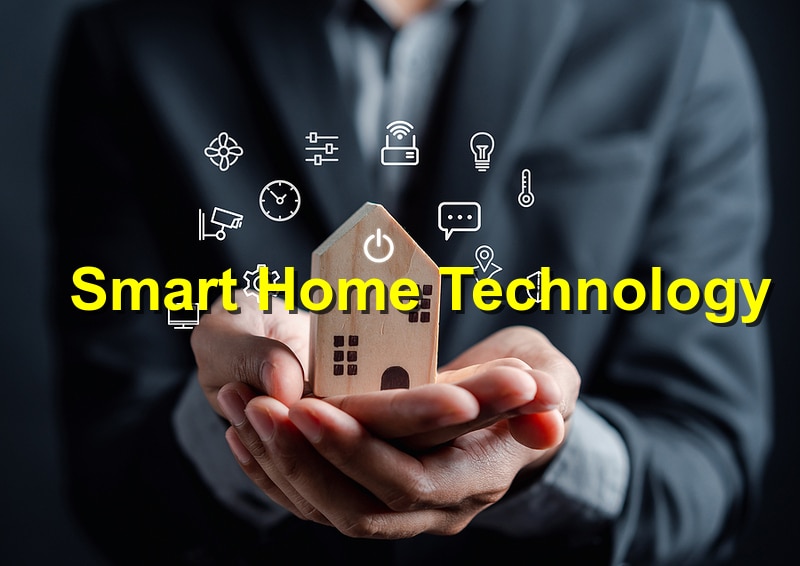In today’s world, technology is advancing at an unprecedented pace, and the way we live our lives is being transformed by these advancements. One area where this is particularly evident is in modern construction, where smart home technology is playing an increasingly important role. Smart homes are designed to be energy-efficient, convenient, and secure, using a range of connected devices that can be controlled remotely. In this article, we will explore the role of smart home technology in modern construction and how it is changing the way we live.
Smart home technology is a network of connected devices that can be controlled and monitored remotely. These devices are embedded in everyday objects, such as light bulbs, thermostats, and security cameras, and can be controlled using a smartphone app or a voice-controlled virtual assistant, such as Amazon’s Alexa or Google Assistant. The use of smart home technology in modern construction has several benefits, including improved energy efficiency, greater convenience, and enhanced security.
One of the primary benefits of smart home technology is improved energy efficiency. Smart homes use connected devices such as smart thermostats, lighting, and appliances that can be programmed to turn off automatically when not in use, reducing energy waste and saving homeowners money on their energy bills. For example, a smart thermostat can learn your daily routine and adjust the temperature of your home accordingly, reducing the need to manually adjust it throughout the day. Similarly, smart lighting can be programmed to turn off automatically when no one is in a room, saving energy and reducing costs.
Another significant benefit of smart home technology is greater convenience. Connected devices such as smart locks, garage door openers, and home entertainment systems can all be controlled remotely, providing homeowners with greater control and convenience. For example, you can remotely unlock your front door for a visitor or open your garage door using a smartphone app, even when you’re not at home. Additionally, smart home technology can also automate mundane tasks such as watering plants or feeding pets, freeing up time for homeowners to focus on other activities.
Finally, smart home technology is also enhancing security in modern homes. Smart home security systems can provide homeowners with real-time alerts and notifications in the event of a security breach or emergency, allowing them to take immediate action. Additionally, smart security cameras can be placed around the home to monitor activity, and homeowners can access the footage remotely using a smartphone app.
In conclusion, smart home technology is playing an increasingly important role in modern construction, offering homeowners a range of benefits such as improved energy efficiency, greater convenience, and enhanced security. As technology continues to advance, we can expect to see even more innovative smart home solutions that further transform the way we live in our homes.
References: Techtarget, PCMagazine




